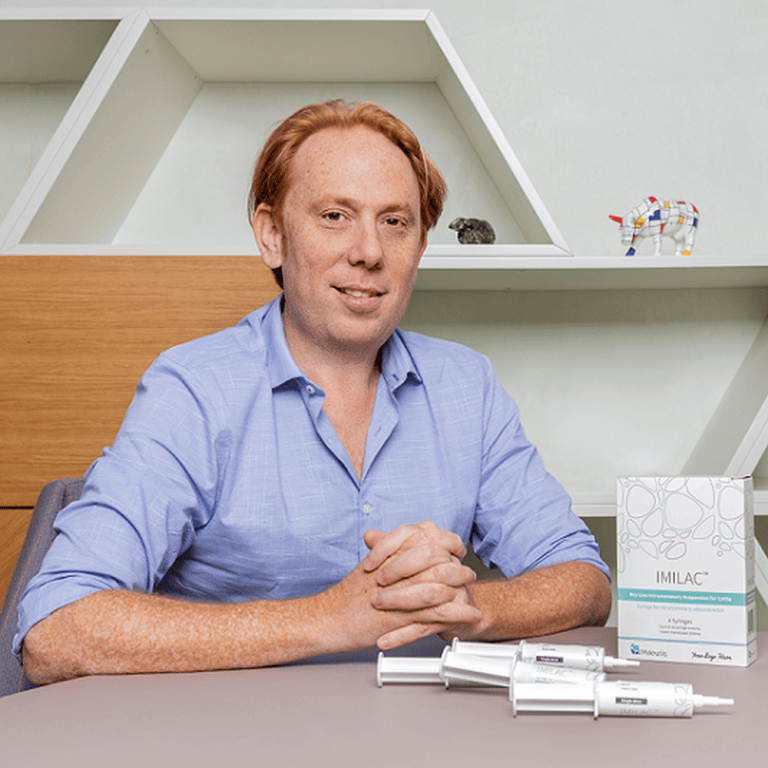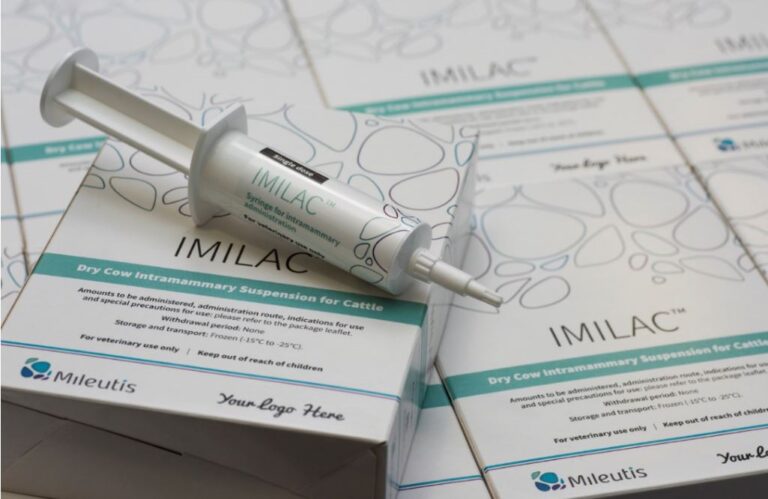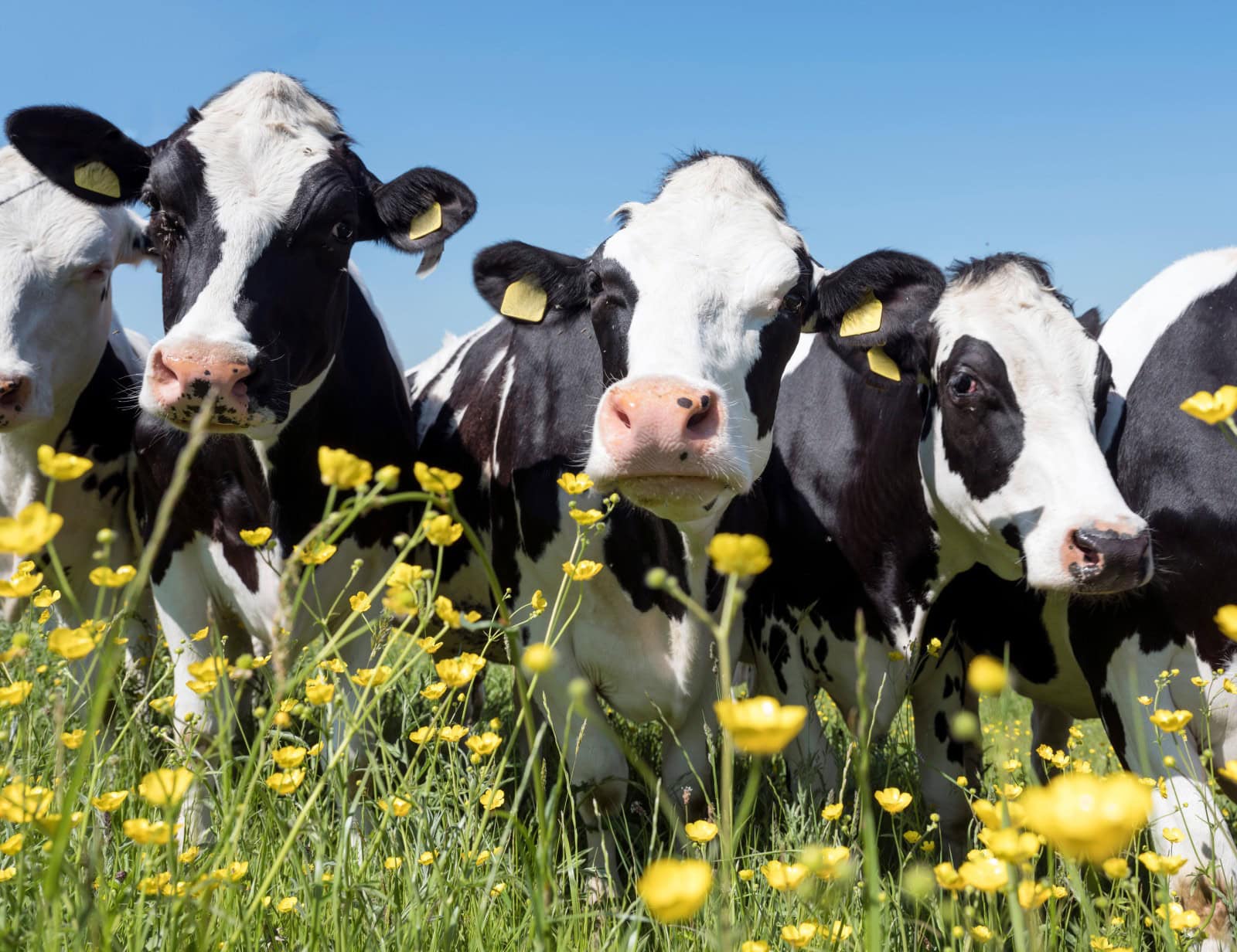Israeli dairy maker Yotvata recently announced a partnership with bio-pharmaceutical firm Mileutis in an effort to improve milk quality in dairy cows, including the scrapping of the use of antibiotics.
The dairy maker said the partnership shows the company’s commitment to move away from traditional reliance on antibiotics and towards more sustainable and environmentally friendly dairy farming practices.
The deal aligns with the agenda of the world’s top dairy processing companies, which have set a goal to become carbon neutral by 2050.
CEO of Yotvata Dairy Ram Srugo said the partnership will help the company “implement a crucial part of our sustainability goals.”
“For our dairy farmers, this will be a significant breakthrough in the quality and yield of milk, with positive implications for the health of the herd. It will also have a positive impact on protecting the environment and will help reduce greenhouse gas emissions,” Srugo added.
As part of the deal, Yotvata – partly owned by Strauss Group – will invest millions of shekels into Ness Ziona-based Mileutis.
CEO and co-founder of Mileutis David Javier Iscovich said the company is “thrilled” to keep improving the dairy industry for “consumers, dairy farmers and, of course, the cows.”

“The agreement with Yotvata is another milestone towards our vision of leading the dairy industry into a sustainable future, which is facing significant challenges.”
Antibiotic use in dairy farming
Animals currently account for about 70% of global antibiotic usage, while humans account for the other 30%. Antibiotics are routinely administered to cows during lactation and dry periods, which is often sparked by udder inflammation.
Mileutis announced a year ago that its two non-antibiotic and non-hormonal substitutes, Imilac and Milac, proved effective in treating infections in cows during clinical trials.

The trials were conducted on more than 500 dairy cows at farms operated by Tnuva and Strauss, two of Israel’s largest dairy suppliers; they also showed that the company’s European Medicines Agency-recognized substitutes greatly improve the dairy cows’ welfare.
Additionally, the trials showed the use of the substitutes increased protein content in milk by 7.2%, fat content by 4%, and milk yield per cow over 300 days by 8.6%. The increase in milk yield potentially enables a reduction in greenhouse gas (GHG) emissions and the carbon footprint of each liter of milk. This higher yield also makes dairy farming more profitable and lucrative for the farmers.

















